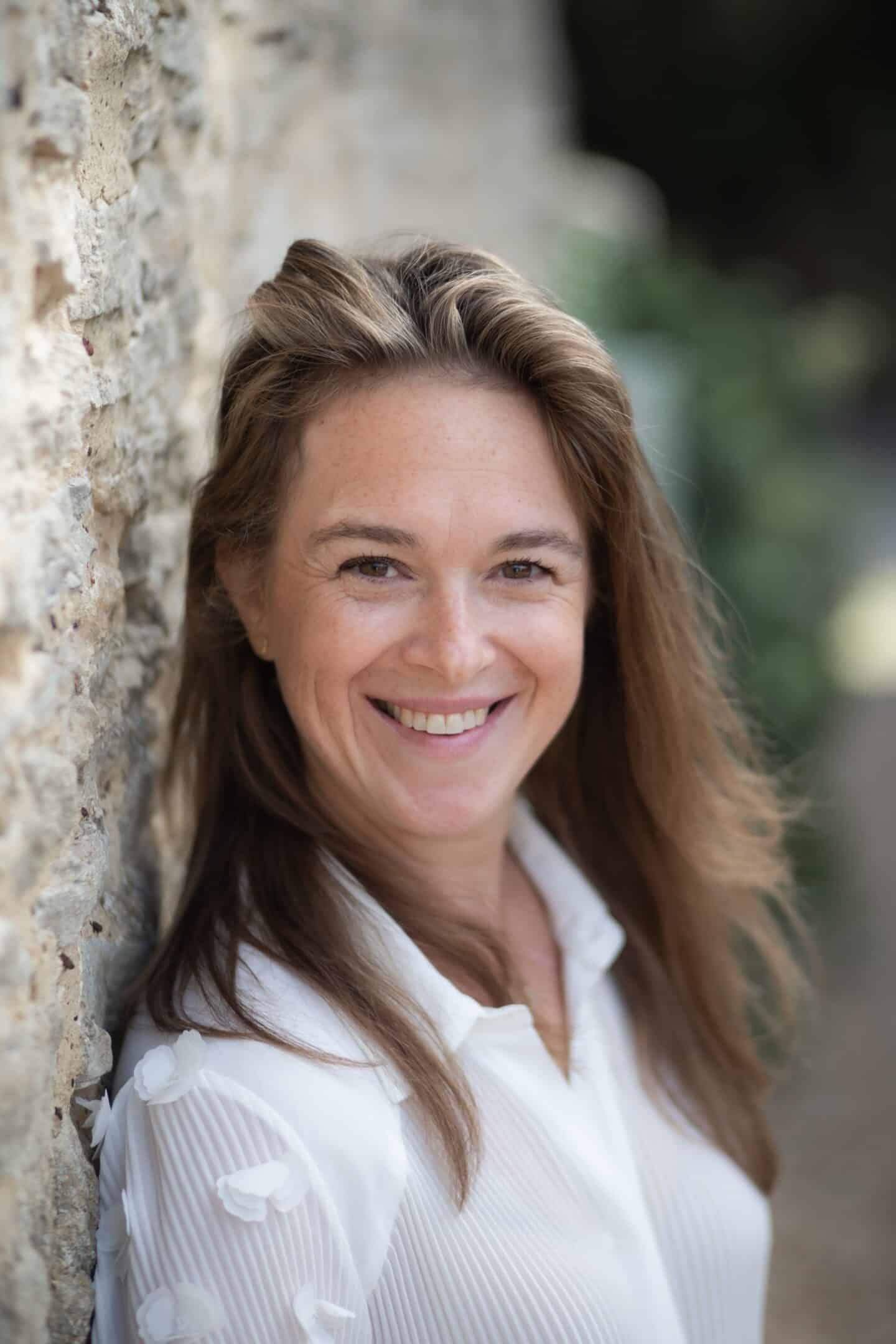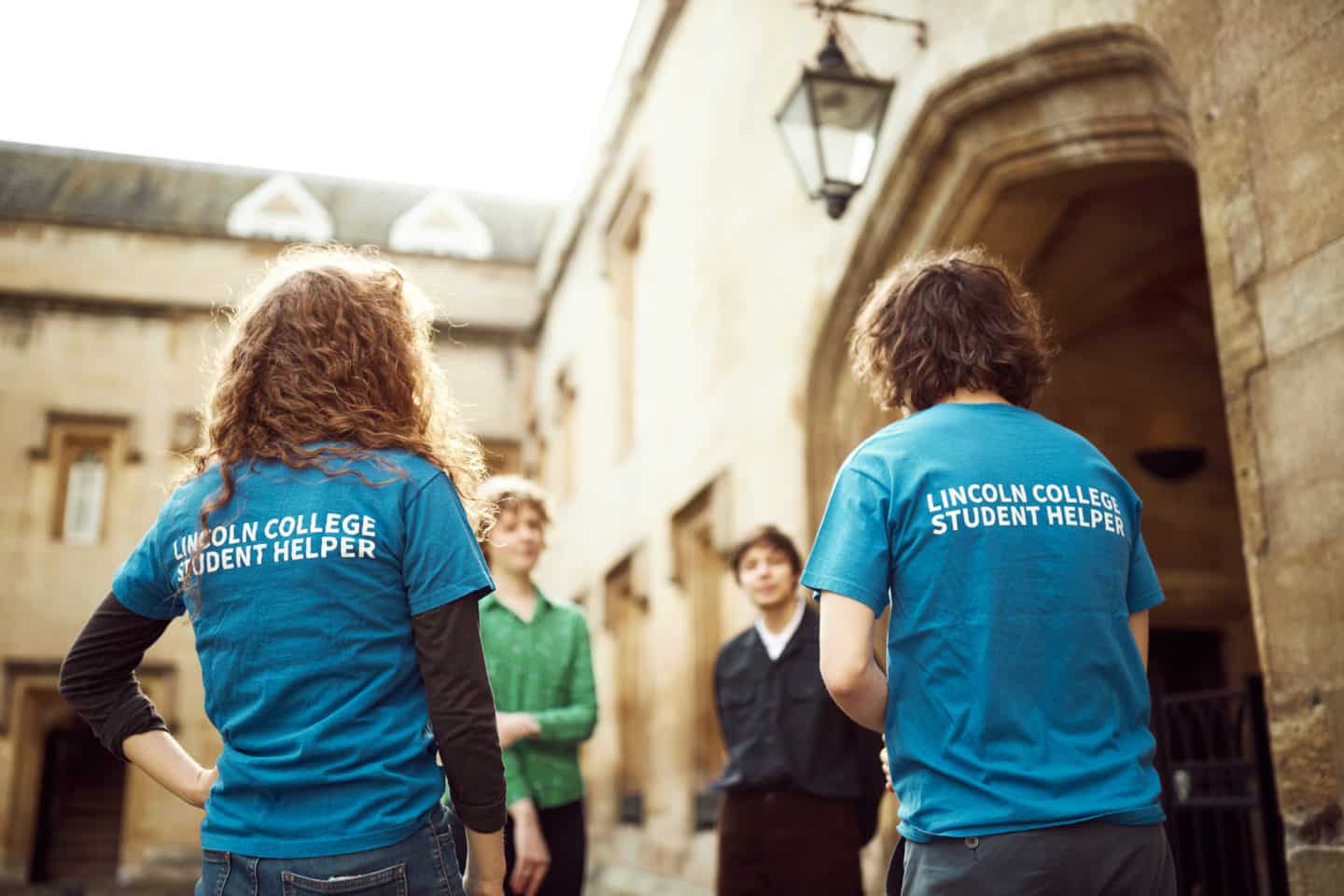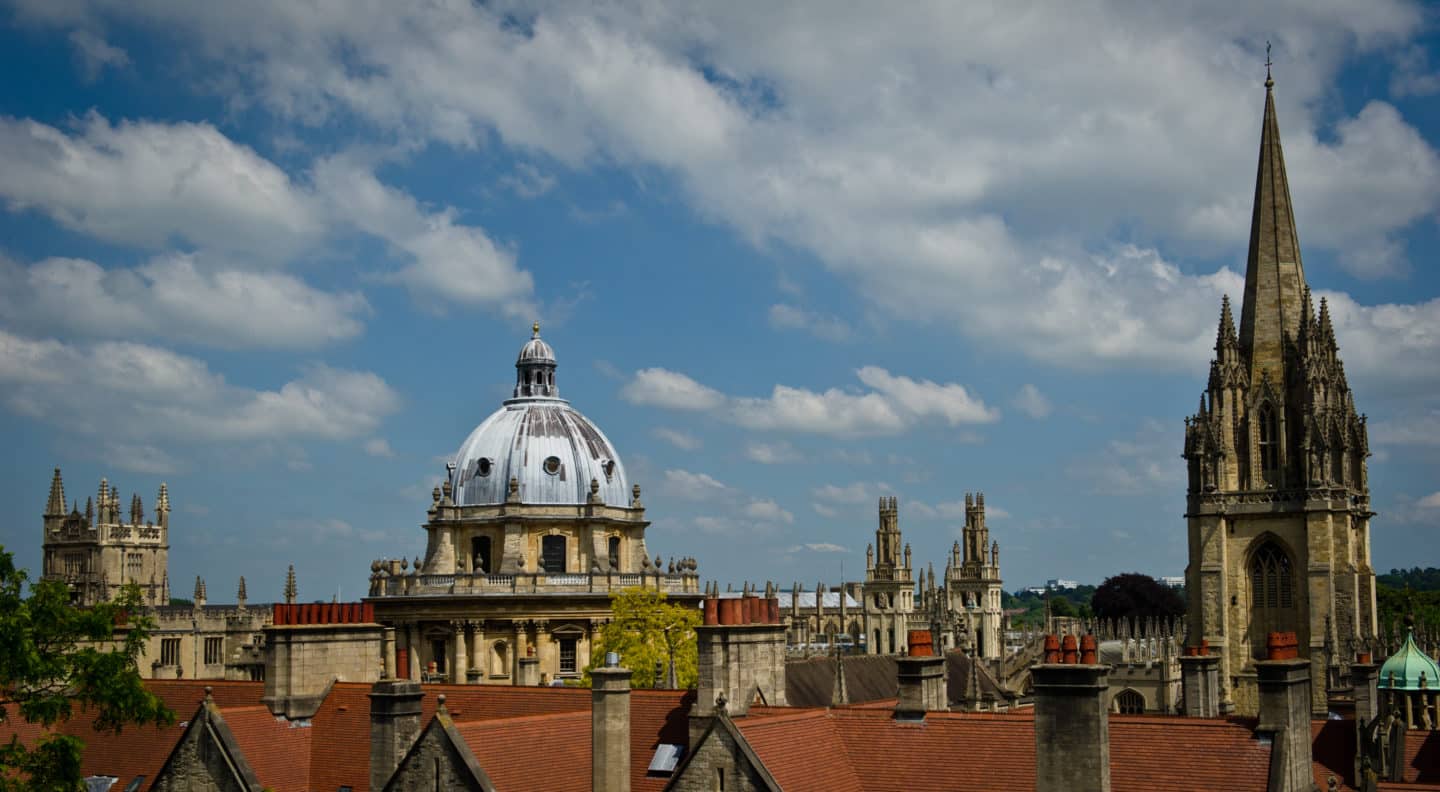
Medicine
- Years 3
- Places 8
- Tutors 3
- Ucas Code A100
- Grades A*AA
Medicine at Oxford is made up of a three-year pre-clinical course that focuses on the fundamental science that underpins medicine, and includes studying towards a BA Honours degree in Medical Sciences, followed by three years of clinical study.
Studying Medicine offers a wide breadth of experiences, from interacting with patients to applying research findings and engaging in novel laboratory work. However, practising Medicine can be arduous and stressful, and not suited to everyone. Thus, your motives for studying Medicine need to be well-reasoned.
Pre-clinical teaching at Lincoln, in the first year, is made up of small group tutorials in physiology, pharmacology, anatomy, cell biology, and biochemistry. The Faculty of Medicine supplements these tutorials by organising lectures and practical classes. In the second year, modules in neuroscience, immunology, microbiology, and pathology are taught by a similar combination of tutorials, lectures, and practical classes. You will be able to specialise in areas that interest you the most during the third year, and you will also undertake a research project in an active research lab.
Why study Medicine at Lincoln?
Lincoln enjoys a strong tradition in Medicine, and our tutors are leading researchers at the Pharmacology and Psychology departments, among others. We admit eight students a year in Medicine, creating a strong medical community in the College. You will also be part of a larger life-sciences group at Lincoln, which includes students in Biomedical Sciences and Biochemistry. The College is also in close proximity (a 10-minute walk) to Oxford’s science area, where the Medical Sciences Teaching Centre and the preclinical research departments are located.
Admissions
Medicine at Lincoln has no special requirements aside from those set by the University: A*AA in three A-levels sat in one year, with at least a grade A in both Chemistry and one of Biology, Physics, Mathematics or Further Mathematics. Or A-level equivalent qualifications.
All candidates must also take the University Clinical Aptitude Test (UCAT) as part of their application. More information about this can be found here.
Applications for Medicine will not be shortlisted unless the student will be at least 18 years old on the 1 November of their first term. The clinical contact in the Oxford programme starts in the first term and means that younger students would not be able to take part in required elements of the course.
Find out how to apply here.
Meet the Tutors
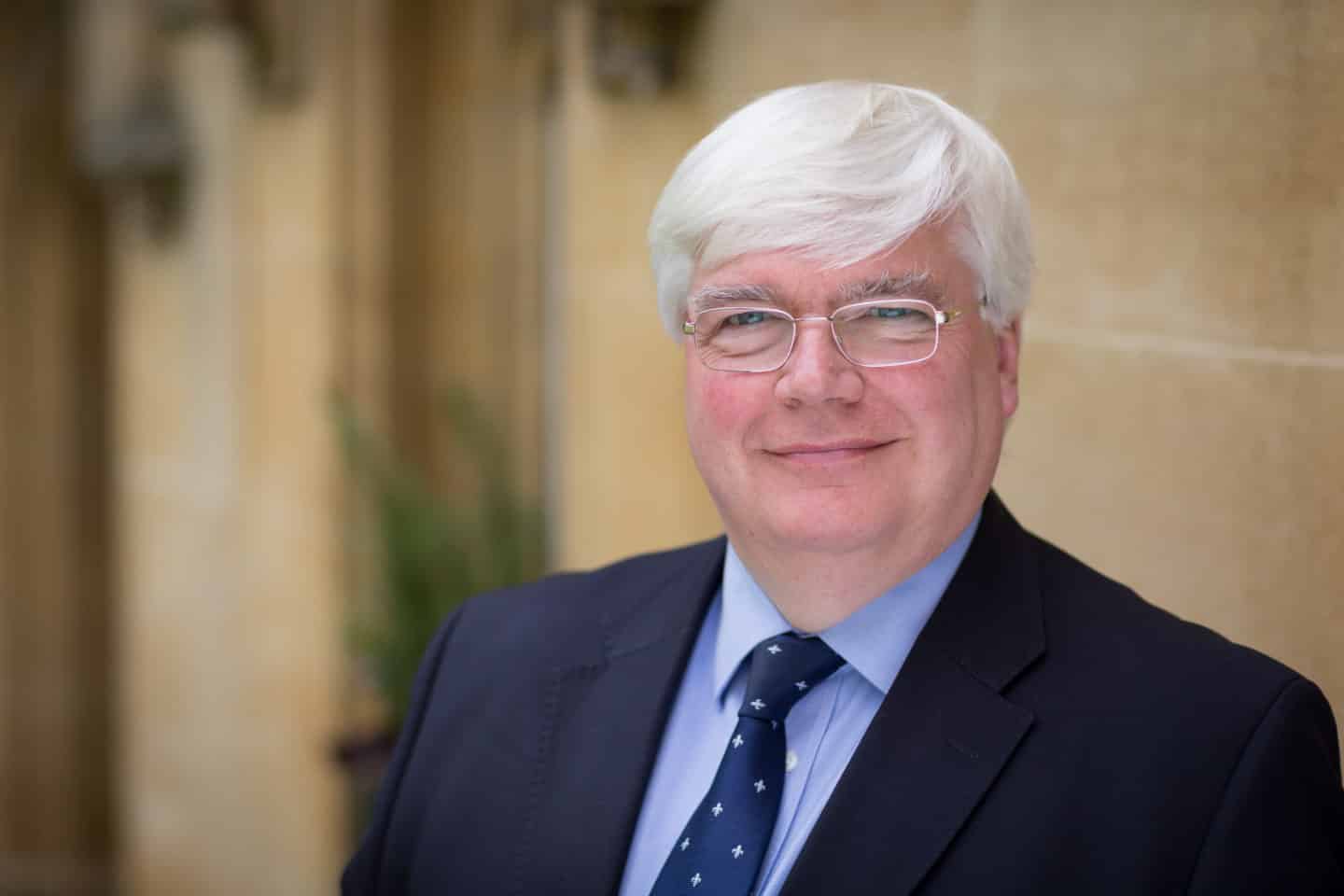
Professor David Vaux
Tutorial Fellow in Medicine
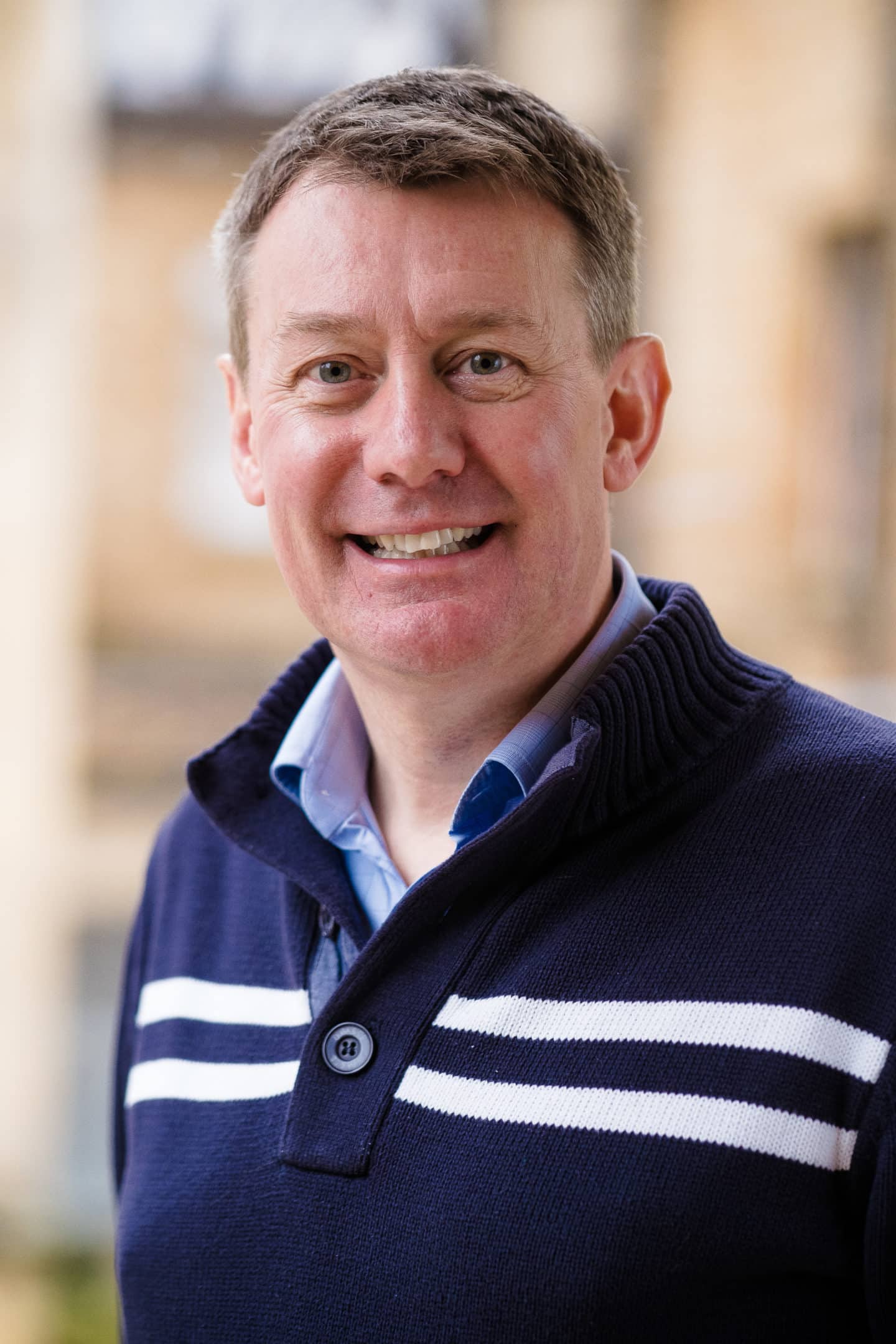
Professor Nigel Emptage
Nuffield Research Fellow
